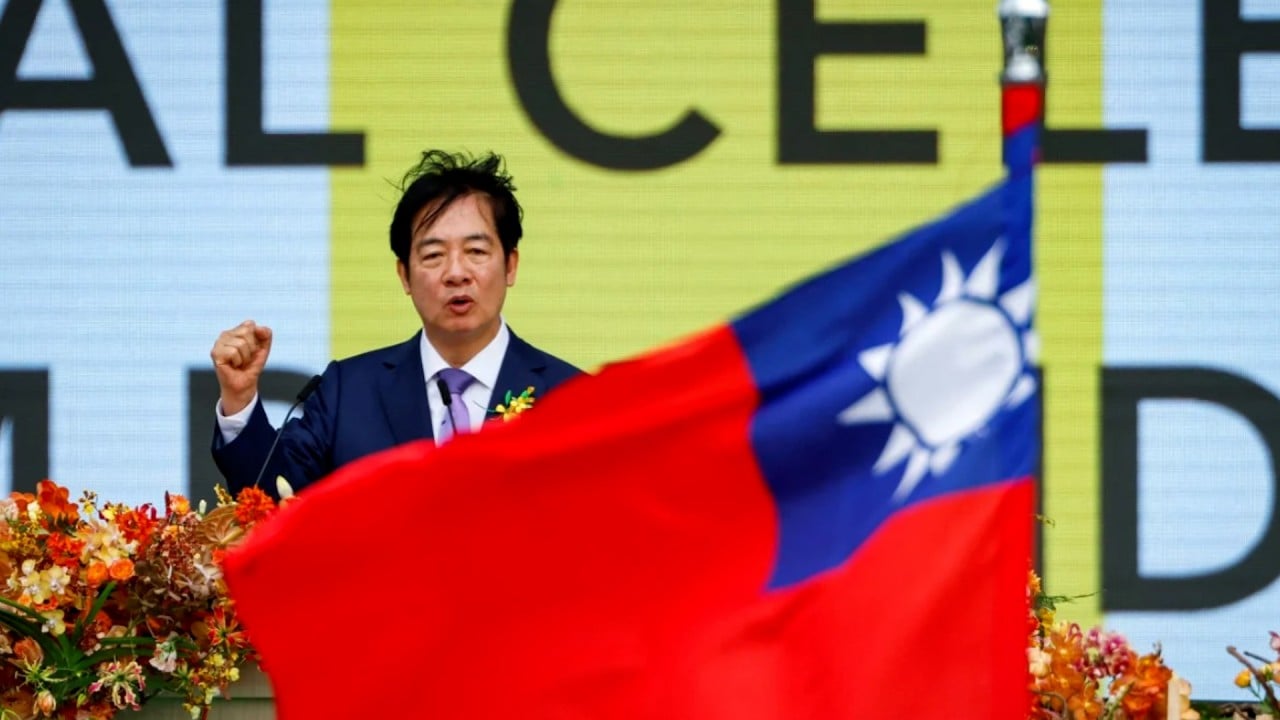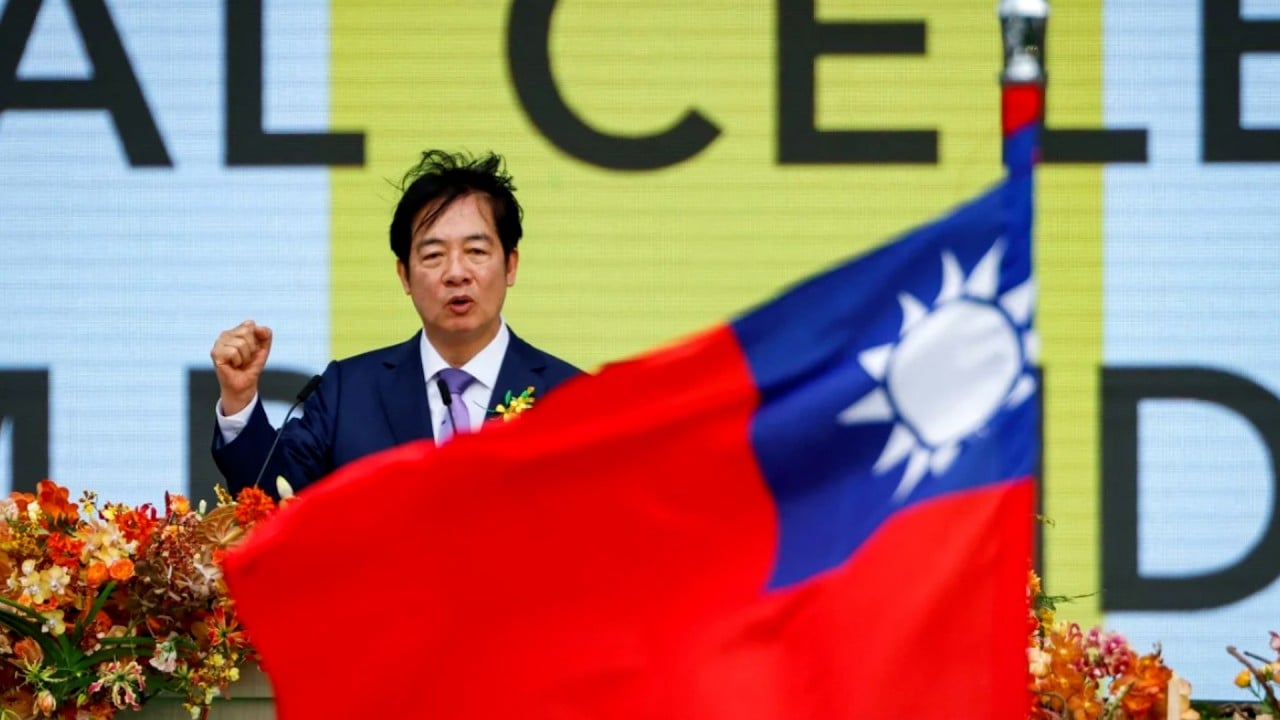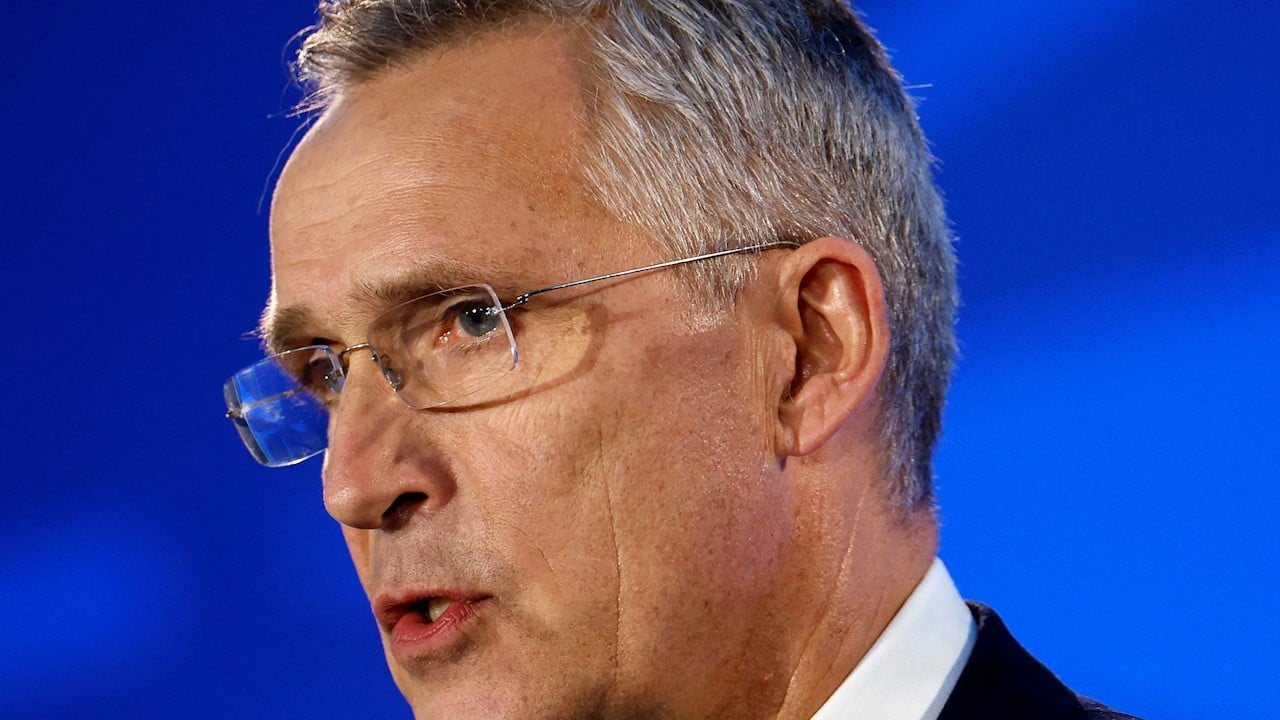An international coalition advocating for a tougher stance on the Chinese Communist Party will open its annual conference in Taiwan on Tuesday, an event likely to provoke Beijing.
Some 48 lawmakers from 24 countries across five continents arrived in Taipei on Sunday for the Inter-Parliamentary Alliance on China (IPAC) conference, although Taiwan is not a member of the alliance.
According to IPAC, the meeting will focus on crafting a coordinated campaign aimed at maintaining cross-strait stability and peace for the legislators to promote in their home countries. Cybersecurity will also be a key topic of discussion.
“It will be the largest parliamentary delegation ever to visit Taiwan in an institutional capacity,” the alliance said on Sunday.
Earlier, it announced that Taiwanese government officials and world-leading experts would attend the gathering, which will be conducted in Japanese, Mandarin, English and Spanish.
Taiwan’s foreign ministry confirmed on Monday that the island’s leader, William Lai Ching-te, would deliver an opening address, while his deputy, Hsiao Bi-khim, would attend the conference’s press event.
During their three-day stay in Taiwan, the delegation will meet Hsiao at her office, attend a welcome dinner hosted by the foreign ministry and visit the island’s legislature and hi-tech companies. This aimed to provide a better understanding of local political and economic developments, cross-strait conditions and Taiwan’s role in the global supply chain, the ministry said.
The decision to hold the conference in Taipei has angered Beijing, which has reportedly tried to pressure lawmakers not to attend.
According to IPAC, Chinese diplomats in at least five countries contacted eight lawmakers before their departure “in an attempt to intimidate and dissuade them” from going to Taipei for the event.
The alliance condemned Beijing’s attempt to put pressure on the event, adding that democratically elected lawmakers “are free to visit and support causes of their choosing”.
“As these interactions do not conform to the conduct of normal diplomatic relations between sovereign nations, IPAC members reserve the right to lodge formal representations and complaints with their respective foreign ministries,” the group said.
Those contacted and pressured were lawmakers from Bolivia, Colombia, Slovakia, North Macedonia, Bosnia and Herzegovina, Associated Press reported.
Beijing sees Taiwan as part of China, to be reunited by force if necessary. Like most countries, the United States does not recognise Taiwan as independent but opposes any attempt to take the island by force and is committed to supplying it with weapons.
Cross-strait relations have worsened since Lai was elected in January. Beijing has labelled him an “obstinate separatist” whose leadership would bring war to Taiwan.
Formed in 2020, IPAC has hundreds of lawmakers from 35 countries as members with the mission of confronting Beijing’s growing geopolitical power.




